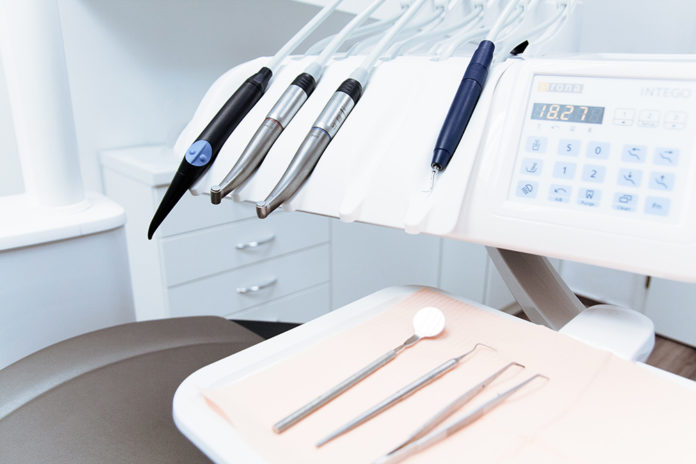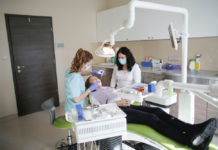Having sensitive teeth can be very painful and annoying. Most sufferers will feel shooting pains in their teeth when they eat or drink something that is hot or cold. This can often lead to them actively avoiding certain food and drinks, such as ice-cream, iced drinks or hot tea. This can be a major burden for a lot of people, especially in social situations where they can be made to feel awkward for not joining in with meals or drinks.
There can be several causes of sensitivity and if you suffer from this then it would be wise for you to note down your experiences so that you can discuss them with your dentist.
Lets take a look at some reasons why you can be experiencing tooth sensitivity and how your dentist can help reduce or relieve your symptoms.
Sensitivity issues
Sometimes your teeth sensitivity can be a temporary issue that is directly related to a treatment you have had done, such as tooth whitening treatments. This sort of treatment can leave your teeth and gums feeling a little sensitive, especially if you suffer from receding gums. Your dentist can advise you on treating this, so discuss your issues when you have your next whitening treatment or dental check up.
The loss of tooth enamel, or dental erosion, can be a major cause of tooth sensitivity. Your teeth are made up of three layers with the outermost layer being your hard tooth enamel that protect the sensitive dentine and pulp that lays beneath. Once your outer tooth enamel is worn away the softer dentine is exposed to bacteria and is also much more sensitive to temperature, this leads to increasing tooth sensitivity.
Be careful what foods and drinks you consume if you want to look after your teeth. Frequent consumption of foods high in sugar, acidic foods and drinks such as fruit and fruit juices can all contribute to the wear and tear on your tooth enamel.
Brushing your teeth too hard can also cause your teeth to become sensitive. You can damage your gums and cause inflammation by overly hard tooth brushing and even through careless flossing between your teeth.
Medical conditions and eating disorders can also have a negative impact on the health of your teeth and gums. Talk to your dentist about any medications you take as they may be able to recommend a solution to help strengthen your teeth and improve your gum health.
Laser treatments
Your dentist may be able to offer you laser treatments to help relieve your sensitivity. This is often a short 20 minute session per tooth and can be carried out painlessly using no anaesthesia. Laser treatments provide a permanent solution for sensitive teeth, however should you suffer from further gum recession, the condition may return once again.












